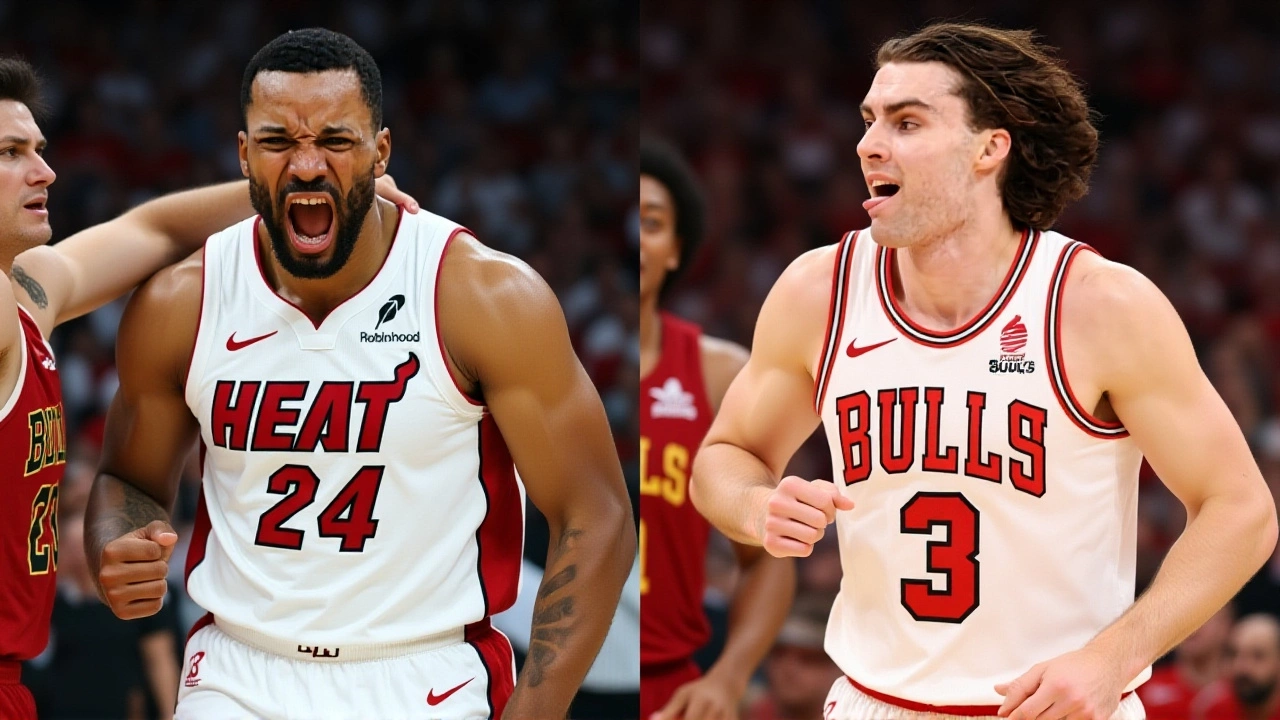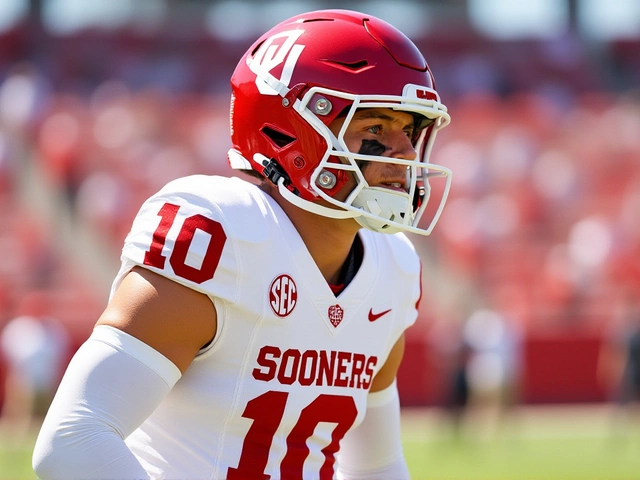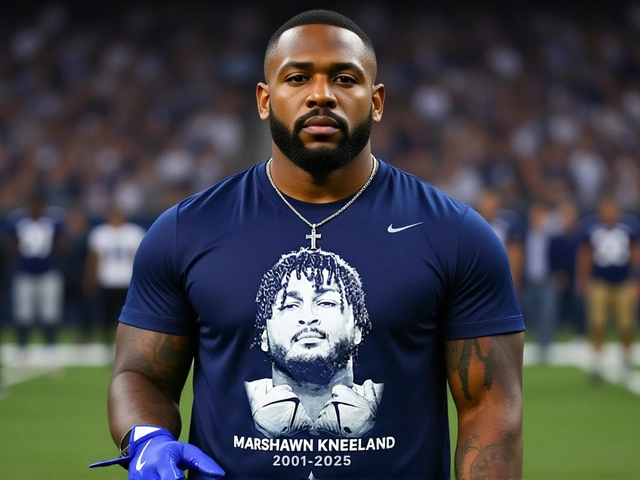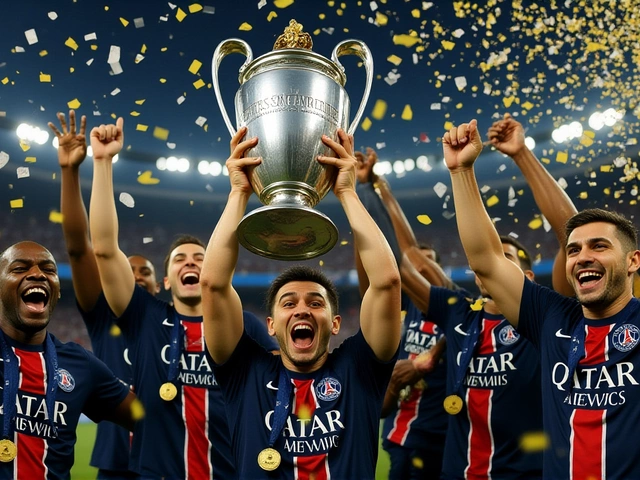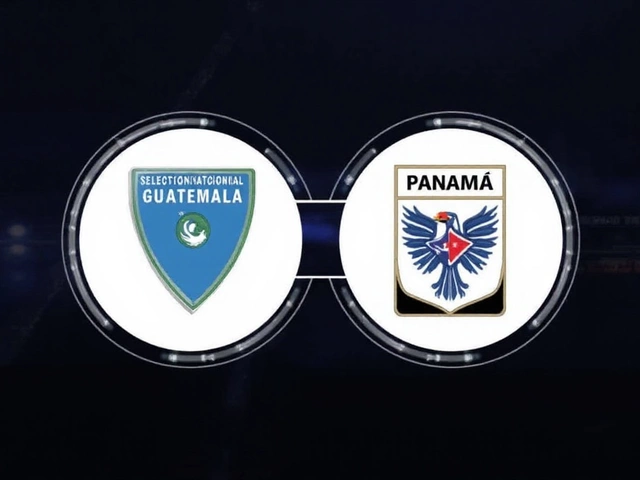The Miami Heat didn’t just beat the Chicago Bulls on Friday night—they erased them. A 143-107 demolition at the United Center in Chicago, Illinois on November 21, 2025, wasn’t just a win. It was a statement. The Heat, riding a league-leading 124.8 points per game this season, dropped their fourth 140-point game of the year—matching their total from the last seven seasons combined. And it wasn’t even close. By the final buzzer, Miami led by 36 points, the second-largest margin of their season and the worst defeat Chicago has suffered this year.
Ware’s Breakout Night Anchors Heat’s Offensive Firestorm
While the Heat’s offense looked like a well-oiled machine, it was Kel'el Ware who stole the show. The 20-year-old center, often overshadowed by stars like Bam Adebayo, turned in a career-defining performance: 20 points, 14 rebounds, and two steals. His presence inside disrupted Chicago’s rhythm, and his mobility on the perimeter opened lanes for shooters. He didn’t just score—he controlled the paint. And when he wasn’t finishing at the rim, he was tipping misses or setting screens that freed up Norman Powell for 19 points and Davion Mitchell for another 16. Even Adebayo, usually the focal point, managed 18 points while playing smart, efficient basketball.
But the real story? Depth. Seven Heat players scored in double figures. Pelle Larsson added 16 points off the bench. The ball moved like it had GPS. Miami recorded 32 assists on 52 field goals. They didn’t just shoot well—they made the right pass every time. The Bulls? They looked lost.
Bulls’ Collapse Is More Than Just a Bad Night
Ayo Dosunmu did everything he could—23 points, three threes, four assists—but he was one man fighting a tidal wave. Josh Giddey nearly posted a triple-double with 19 points, 11 rebounds, and nine assists, but his efforts were drowned out by Miami’s relentless pressure. Chicago turned the ball over 11 times, many on careless passes or poor decision-making under defensive pressure. They shot just 41% from the field and 29% from three. And when the Heat went on a 34-20 run in the second quarter? The game was effectively over.
It wasn’t just the score. It was the silence. The United Center, usually a roaring beast on Friday nights, fell into stunned quiet after the third quarter. Fans didn’t boo—they just… stared. The Bulls looked tired, disjointed, and outmatched. And then came the injuries.
Injuries Cast a Dark Shadow Over the Loss
Just as Chicago was trying to claw back in the third, things got worse. Matas Buzelis limped off with a right ankle sprain, and Dalen Terry followed shortly after with a left calf strain. Both are young, promising pieces for Chicago’s rebuilding effort. Losing either one long-term would be a devastating blow. Buzelis, the 2024 lottery pick, had been showing flashes of elite defensive potential. Terry, a second-year guard, was emerging as a reliable playmaker. Their exits didn’t just hurt tonight—they could ripple through the Bulls’ season.
“We’re not making excuses,” said Bulls head coach Billy Donovan after the game. “But when you’re already short-handed and you lose two guys like that in one night… it’s hard to find answers.”
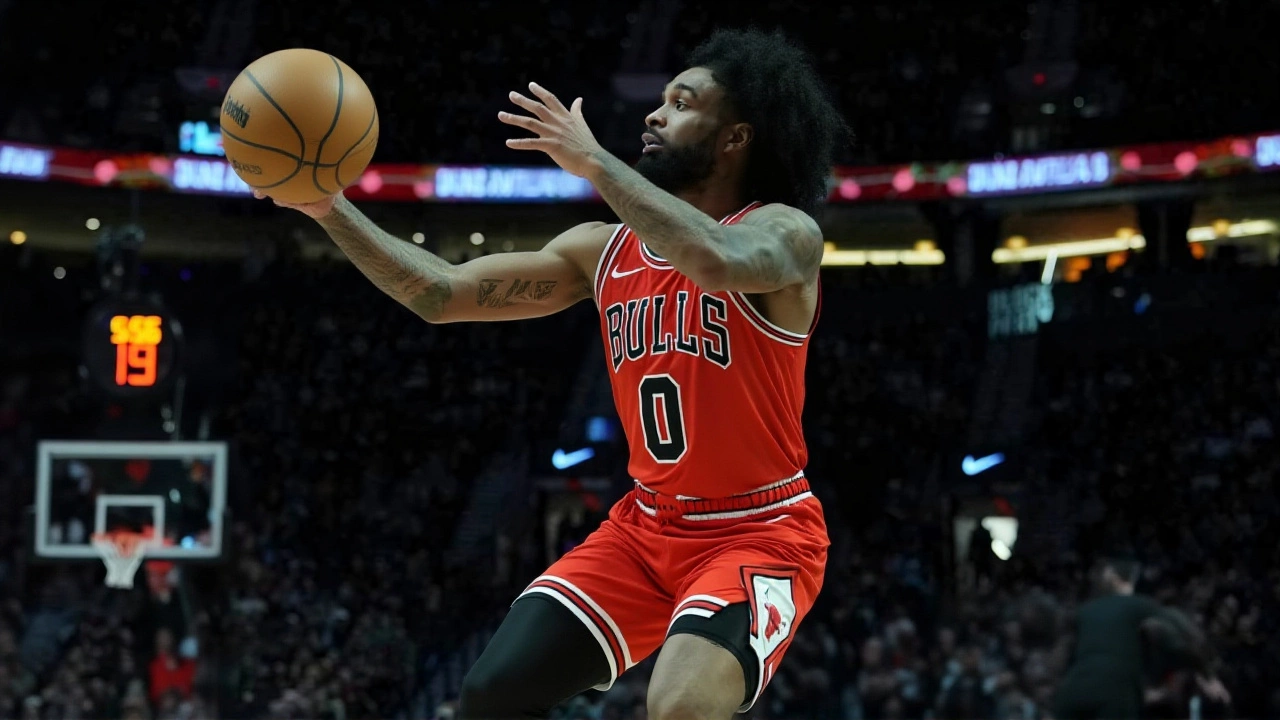
Heat’s Rise Is No Fluke
This wasn’t luck. Miami’s 10-6 record isn’t a surprise anymore. They’re averaging 14.3 more points per game than last season. Their bench outscored Chicago’s 58-31. They’re now 2-1 in the Emirates NBA Cup, sitting just half a game behind Milwaukee Bucks for the top spot in East Group C. Meanwhile, Chicago fell to 1-2 in Cup play and fourth in the group—barely ahead of Charlotte and behind New York.
“We’re playing with confidence,” said Heat head coach Erik Spoelstra. “Not the kind where you’re loud. The kind where you know exactly what you’re doing, every possession. That’s what happens when you trust the system.”
What’s Next? A Crossroads for Both Teams
The Heat head to Philadelphia on Sunday, November 23, to face a 76ers team that’s been inconsistent but dangerous at home. If they win, they’ll be tied for first in the Cup. A loss? They’ll still be in strong position to advance.
For Chicago? Saturday night’s home game against Washington is now a must-win. With injuries piling up and confidence crumbling, they need a spark. But with Buzelis and Terry doubtful, their rotation gets even thinner. The Bulls aren’t just fighting for a playoff spot anymore—they’re fighting to keep their young core intact.
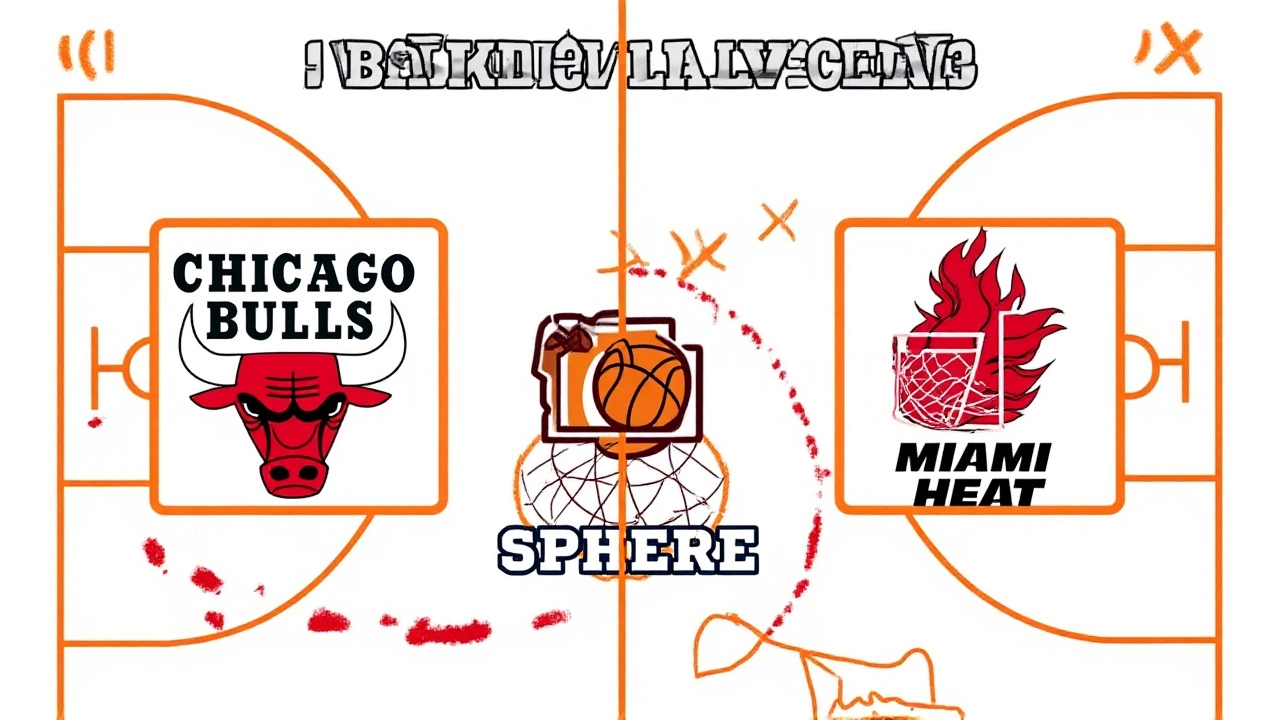
Why This Game Matters Beyond the Box Score
Let’s be honest: 143 points in a regular-season NBA game is rare. The last time the Heat scored this many? Back in 2018. They’re not just scoring—they’re redefining their identity. This isn’t the old Heat team built on defense and grit. This is a new breed: fast, fluid, and fearless. Ware, a second-year player, is becoming the perfect complement to Adebayo. Powell brings veteran poise. Larsson and Mitchell? They’re the kind of role players who win championships.
For Chicago? This game was a mirror. They’re still trying to figure out who they are. Are they a team of young talent waiting to click? Or are they stuck in transition with too many moving parts? The answers won’t come from stats. They’ll come from how they respond over the next two weeks.
Frequently Asked Questions
How did Kel'el Ware’s performance compare to other young big men in the NBA this season?
Ware’s 20-point, 14-rebound game was the best by a player under 21 since Victor Wembanyama’s 22-point, 15-rebound outing in October 2024. Among players his age, only Wemby and Chet Holmgren have posted more double-doubles this season. Ware’s efficiency (8-of-11 FG) and defensive impact (2 steals, 3 blocks in his last three games) make him one of the most promising interior threats in the league.
Why is Miami scoring so much more this season?
Miami’s offensive surge comes from three factors: improved spacing (they’re shooting 39.7% from three, up from 35.1% last year), more ball movement (32.1 assists per game, up from 25.6), and better transition play. They’re leading the league in fast-break points at 21.4 per game. The addition of Norman Powell and the emergence of Pelle Larsson have given them elite shooting depth off the bench.
What does this loss mean for the Bulls’ playoff chances?
Chicago’s playoff odds dropped from 38% to 27% after this loss, according to FiveThirtyEight’s model. With injuries to Buzelis and Terry, their depth is now a major concern. They’re currently 10th in the East, and only the top eight make the playoffs. Without significant improvement—and healthy contributors—they’re likely headed for a play-in game, if they make it at all.
How rare is it for a team to score 140+ points four times in one season?
Only seven teams in NBA history have hit 140+ points four times in a single season. The last was the 2018-19 Houston Rockets. Miami’s 143-point game was their fourth this season—matching their total from the previous seven seasons combined. The league average is 115 points per game. Scoring 140+ means you’re outpacing the average by over 25 points—a sign of elite offensive execution.
What’s the significance of the Emirates NBA Cup for teams like Miami and Chicago?
The Emirates NBA Cup serves as a midseason tournament that awards a $1 million prize to the winner and impacts seeding for the playoffs. For Miami, it’s a chance to build momentum and test their depth. For Chicago, it’s a rare opportunity to gain confidence against elite teams. But with injuries and inconsistent play, the Bulls are falling behind in the group standings, making advancement unlikely unless they win their final two games.
How did the United Center crowd react to the Heat’s dominant performance?
The crowd of 21,574 stayed mostly silent after the second quarter. There were scattered cheers for Dosunmu’s threes, but as Miami’s lead ballooned, fans began leaving early—something rarely seen at the United Center in recent years. One fan told the Chicago Tribune: “I’ve seen bad nights. But this? This felt like the end of something.”
